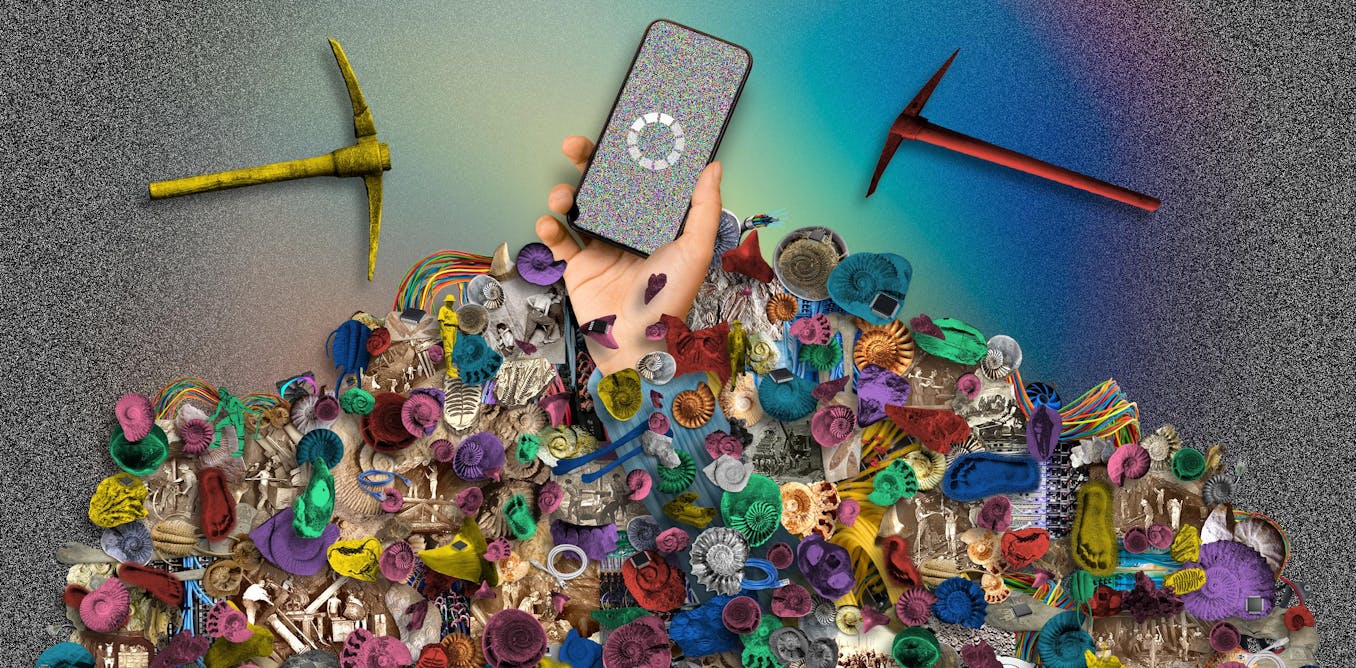

This is a pretty clickbaity counter-article that doesn’t review the original in good faith. The New Yorker article is not titled ‘Social Media Is Killing Kids’ but rather ‘Has Social Media Fuelled A Teen-Suicide Crisis?’ with a lead of:
Mental-health struggles have risen sharply among young Americans, and parents and lawmakers alike are scrutinizing life online for answers.
So the implication that the premise of the article is to demonise social media is completely wrong, since it’s actually an investigation into the issue. That’s also the reason it’s long (another strange complaint from a guy whose 3000+ word response is only ever his opinions).
The “moral panic tropes” are testimony from real parents whose real children killed themselves. And these real parents think social media was responsible. It strikes me as pretty low to hand wave away the grief of these real people because it inconveniently feeds into a narrative you have some instinctual problem with.
The author tries to frame the balance of the New Yorker article as some kind of gotcha. Like it’s somehow a bad thing that this other writer took the time to consult with and quote experts who provide a different opinion. Personally I would much rather read that then something like this which was basically the equivalent of a reddit eXpOsEd thread.

From what I have seen, most Threads users are safe-spacers who wanted a platform with heavy moderation. So I guess these are just the growing pains they’ll have to get used to in the pursuit of their circlejerk paradise, particularly since this is Meta we’re talking about who have never been reliable or effective when it comes to moderating content.